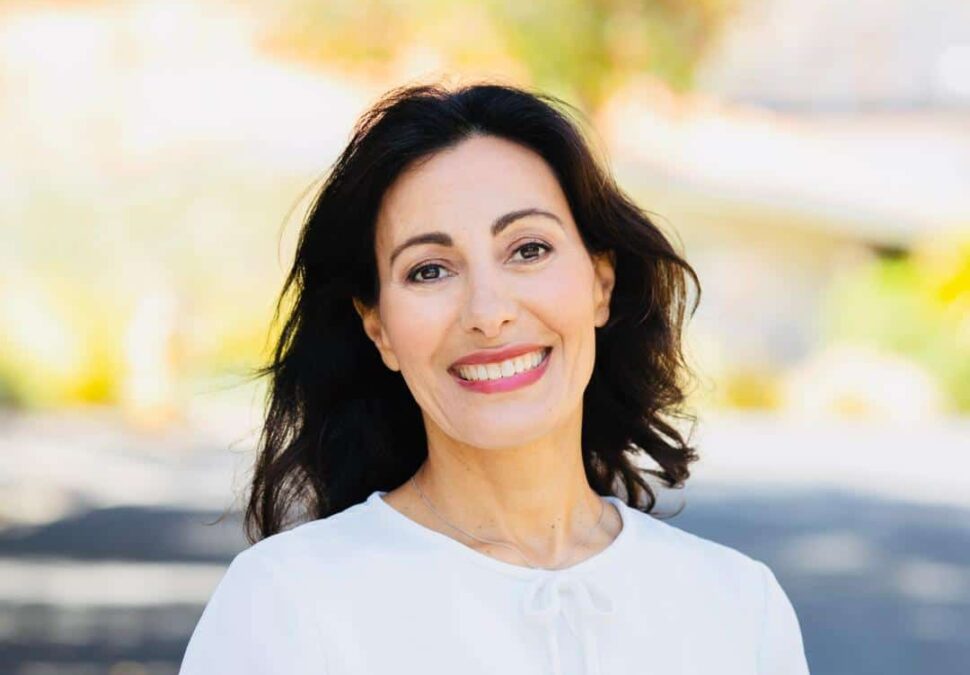- September 2022 / Commentaries
One Year On From Taliban and Still Reeling by Maryam Zar, J.D.
In the year since the Taliban took over Afghanistan, the country has been reeling from poverty, natural disaster, and isolation from the international community. In June, an earthquake killed over 1000 people at a time when the nation found itself largely cut off from international aid.
Millions of people across Afghanistan continue to suffer for lack of basics, a breakdown of infrastructure along with widespread hunger and disease. The risk of Cholera and other contagious diseases, and the increasing reach of famine threatens to undermine the basic well-being of generations of Afghans.
Add to that, the plight of women who in rural areas have seen opportunities dwindle and basic rights reduced to a limited indoor domestic subsistence. Across the cities women are unable to go to school and unable to work – all of which exacerbates the nation’s crises.
Afghanistan’s literacy rate at the height of the US occupation was just over 50% for men and just under 30% for women. Today those rates have plummeted while families endure starvation, unemployment and lack of access to schools and jobs. Upwards of 90% of the Afghan population now subsist below the poverty line, and according to a report by UNDP, those numbers could rise to 97% by the end of 2022.
Education is a key factor in Afghanistan’s slide to poverty. While the Taliban pledge to have a fair policies toward women, they insist that their standards will stop short of international norms and will comport only with the Taliban‘s understanding of Islam. This will continue to pose a problem for the millions of women and girls who live across Afghanistan and continue to dream of a better future than that which the Taliban has in mind.
We at A More Balanced World intend to continue our efforts to offer educational resources to women and girls across Afghanistan. Even though access to these resources will be challenging for many, we will work to make them available and seek partners on the ground who can help us grow our reach.
Here at home, we will look for Advocates and donors who will make our work possible — helping lend a hand to women and girls in a land where resilience has become the cornerstone of life and women have proven their strength to persevere.
An overwhelming number of women across Afghanistan seek an education, and increasing numbers of men have reduced opposition to the idea. This is our moment to make a change and to show Afghan women we will not abandon them as a global community that believes in accessible education for women and girls.



